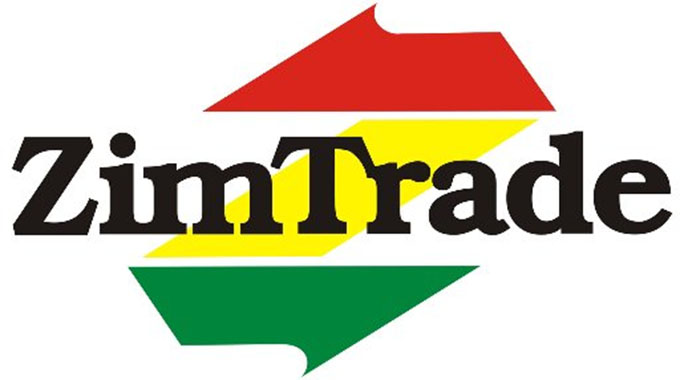ZimTrade targets youths in new export drive
ZIMTRADE has adopted a new export strategy that focuses on increasing local production by promoting heritage-based exports and supporting youth exporters, it has been revealed.
The initiative aims to address Zimbabwe’s trade deficit, which stood at US$137,7 million in October, a 34,3% decrease from the US$209,5 million recorded in the previous month.
According to the Zimbabwe National Statistics Agency, exports totalled US$698,1 million in October, representing a 21,4% increase from the US$575 million reported in the prior month. However, imports for the same period amounted to US$835,8 million, reflecting a 6,6% rise from September’s US$784,4 million.
Heritage-based exports refer to goods and services that are deeply rooted in a country or region’s cultural, historical, or traditional practices.
“Our trade balance is currently unfavourable, as we are importing more than we export. To address this, we’ve adopted a new export strategy that prioritises increasing local production. The focus is on heritage-based exports, such as baobab, feso and masakesa,” ZimTrade chief executive officer Allan Majuru (pictured) told NewsDay Business.
Advertisements
“These indigenous products require minimal inputs, like watering or spraying, and can be commercialised as niche products. This allows us to set premium prices, strengthening our competitive edge while helping to close the trade gap.”
This new strategy also saw ZimTrade launch the ‘Eagles’ Nest Youth Incubation Project’ in March 2023.
The programme empowers youth-owned companies through technical interventions, training and mentorship.
Over 100 youth-owned businesses expressed interest in the competition-based initiative, which offers winners opportunities to participate in international trade fairs and receive expert support to scale up operations and improve product competitiveness.
“So far, we have capacitated more than 400 youths through the Eagles’ Nest incubation programme. It’s not just concentrated in major cities like Harare and Bulawayo but is active across all provinces,” Majuru said.
“For example, today, we had winners from places like Chimanimani, Binga, Lupane and beyond.”
He added that ZimTrade ensures inclusivity by requiring at least 10 representatives from every province during the mobilisation process.
“If the numbers fall short, we continue mobilising until the target is met. Moreover, we have partnered the Ministry of Women and SMEs, as well as the Ministry of Youth, to enhance mobilisation. Looking ahead, we plan to collaborate with universities to leverage their infrastructure in promoting this initiative,” Majuru said.
Since the programme’s inception, 50% of participants have successfully entered export markets.
“Exporting is a practical process, not theoretical. Taking someone who isn’t exporting and having them start within a year is a significant achievement for us,” Majuru said.
While some participants may not be ready initially, they could succeed in subsequent years, he said.
“Our focus isn’t solely on exporting but also on ensuring that businesses perform well locally. A strong local foundation is essential for international success,” Majuru added.
“The main challenge has been a lack of information, which is why this program was established — to equip youths with the knowledge they need. Beyond understanding export requirements, participants must also learn negotiation skills and proper packaging tailored to specific markets.”
He said presentation was key in export markets.
“Packaging is critical because customers buy what they see first. For example, people buy lace for its presentation without even knowing what’s inside. We train participants to package their products in ways that appeal to buyers,” Majuru said.
To address financial barriers, ZimTrade partnered Ecobank to offer tailored financial packages and provided equipment and machinery as prizes to support youth businesses.
“Business is not tied to location but thrives wherever opportunities exist. We focus on growing ideas because money follows ideas, not the other way around,” Majuru said.
“By involving participants from marginalised economies, we introduce them to export markets and showcase their work internationally. This contributes to diversifying our export base and addressing trade imbalances.”-newsda










